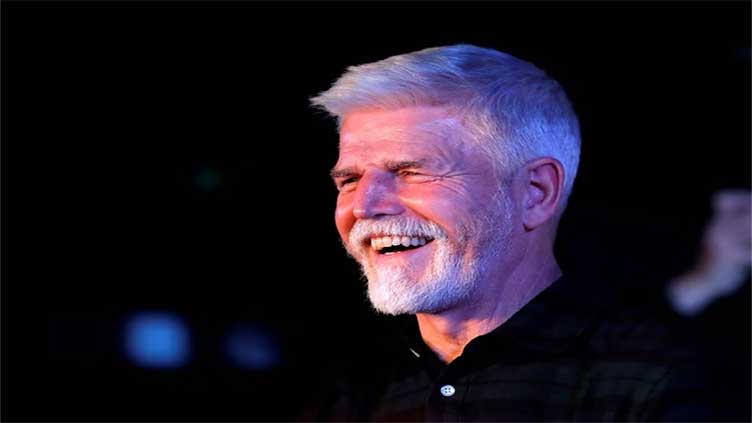Czech presidential vote starts with retired general, ex-PM leading the field

World
Czech presidential vote starts with retired general, ex-PM leading the field
PRAGUE (Reuters) - A retired general who held a senior NATO military job headed into the Czech Republic s presidential election starting on Friday as a favourite ahead of his main rivals - a divisive former prime minister and an economics professor.
Presidents in the NATO and European Union member country do not hold daily executive powers but appoint prime ministers, central bankers and judges, and have a say in foreign affairs.Polls opened at 2 p.m. (1300 GMT) and voting wraps up at 2 p.m. on Saturday, with results expected later that day.
Retired General Petr Pavel, 61, running as an independent, led two out of four final polls.
Former prime minister Andrej Babis, 68, a billionaire heading the biggest opposition party, topped the other two.
Babis has framed the vote as a protest against the centre-right government he accuses of doing too little in a cost-of-living crisis, and said he would put it under pressure if elected.
"I would try convince the government to finally start helping people, to sort out the price of electricity," Babis said after voting in a Prague suburb.
The government does not have its own candidate but has endorsed Pavel and economics professor Danuse Nerudova, 44, who was third in final polls, and one other candidate among the eight running.
No candidate is seen as winning over 50% in the first round, and the top two will meet in a run-off vote in two weeks.
Pollsters give Pavel an edge there, expecting him to gather more votes from other candidates than Babis. Betting agency Fortuna saw Pavel as favourite at 1-1.42 ahead of Babis at 1-3.50.
A former university chancellor, Nerudova would be the first woman in the job first held by Vaclav Havel after the 1993 break-up of Czechoslovakia and now occupied by Milos Zeman, who tried to build closer relations with China and Russia for most of his two five-year terms.

